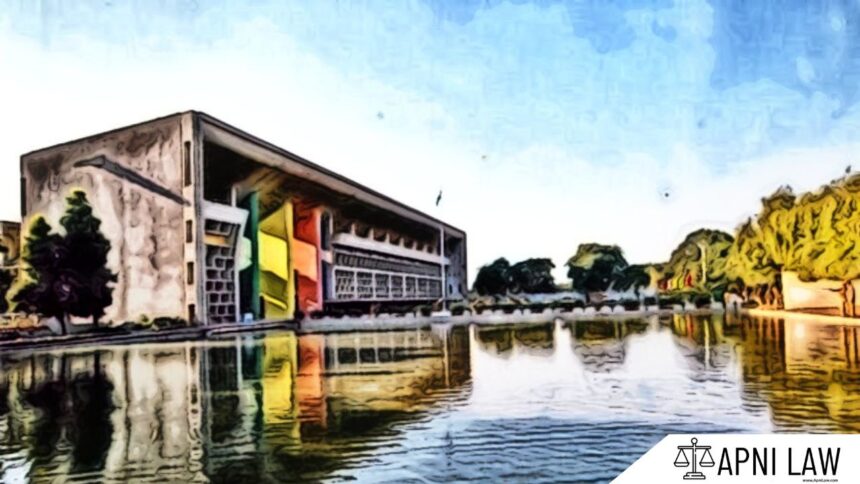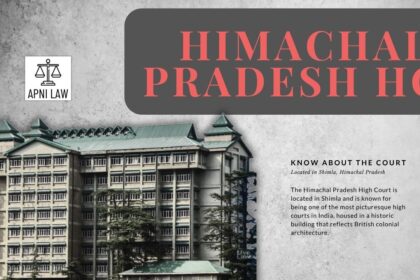Key Ruling by Punjab & Haryana High Court
The Punjab & Haryana High Court has ruled that to establish an offence under Section 425 of the IPC (mischief), clear intent must be proven to cause wrongful loss or damage to property. Justice Manisha Batra stated that merely causing loss is not enough, criminal intent must also be proven.
Criminal Intent is Essential for Mischief
Justice Batra emphasized that for an act to qualify as mischief, it must result in actual damage or destruction that reduces the property’s value or utility. A mere allegation of loss does not establish the offence.
The ruling came while hearing a plea to quash an FIR against Gurmail Singh.
No Evidence to Prove Damage
The Court found that the complaint lacked evidence to support the allegations. No photographs, videos, or reports were submitted to prove damage to the crops or property.
Additionally, the Halqa Patwari (local revenue officer) did not provide any report confirming damage. The Court ruled that authorities failed to establish a prima facie case for mischief under Section 427 IPC without material proof. Authorities accused him of entering a paddy field and setting stubble on fire, leading to charges under Sections 427 and 447 read with Section 511 of the IPC.
No Case of Criminal Trespass
Regarding the trespassing charge, the Court noted that the petitioner was a co-sharer of the land.
The Court also observed that the complainants had sought civil remedies regarding the property dispute. The court ruled that authorities wrongly turned a civil dispute into a criminal case, amounting to an abuse of the legal process.
FIR Quashed by the Court
Based on these findings, the Punjab & Haryana High Court quashed the FIR under Section 482 Cr.P.C. The ruling reinforces that intent and material evidence are crucial to prove mischief under IPC Section 425.








